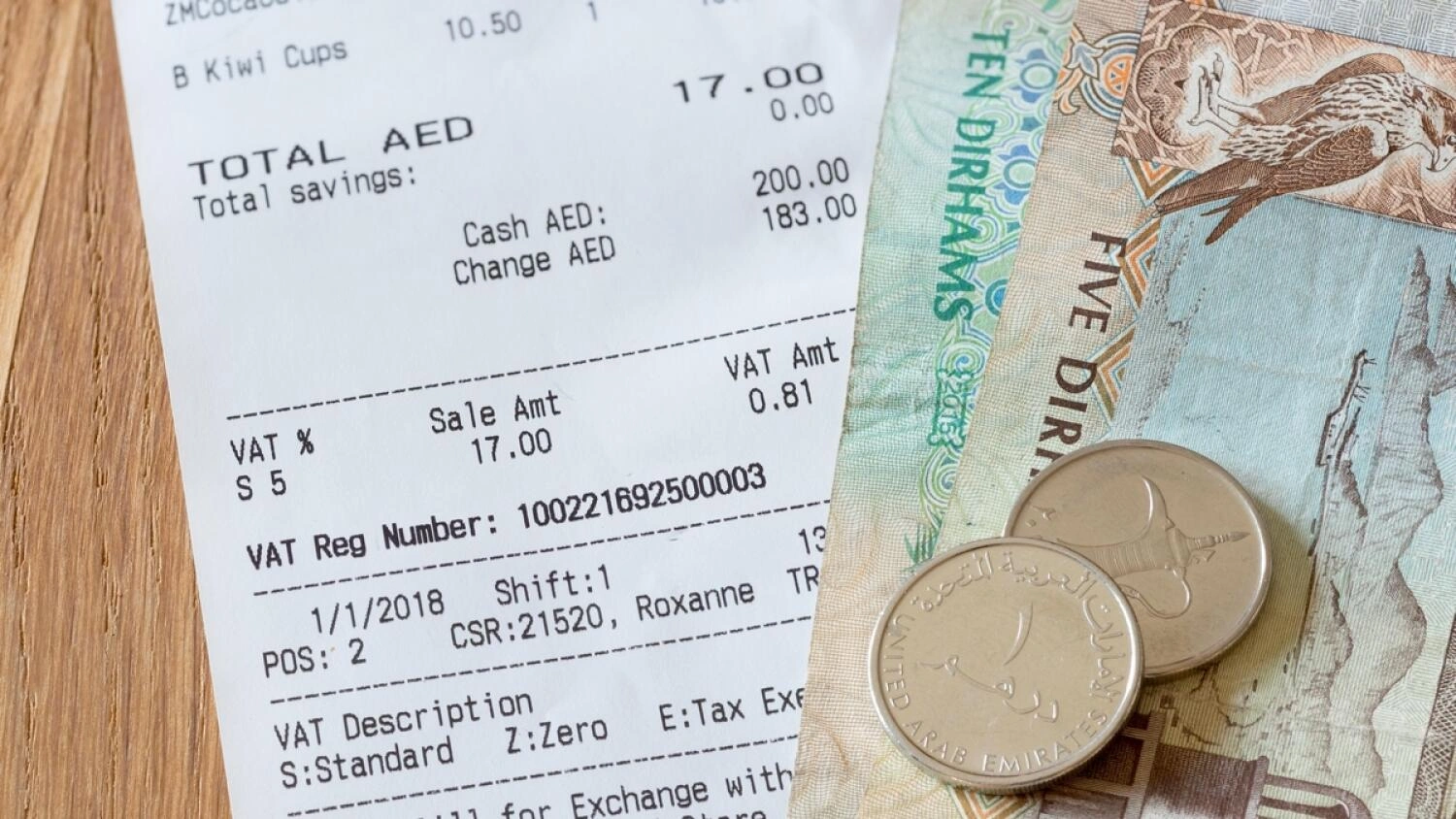Global inflation rates are currently higher than those in the UAE, even though the country relies heavily on food imports, a senior official has stated. The UAE maintains a strong price control system, especially for basic food items, to protect consumers.
Price Monitoring and Control
Abdullah Ahmed Al Saleh, the undersecretary of the Ministry of Economy, explained that the government keeps a close watch on global consumer goods prices and compares them to local rates. This ensures local prices do not rise unnecessarily, safeguarding consumers.
“Globally, inflation rates surpass local rates. In the UAE, inflation has increased by an average of 2.2% annually over the past three years, while global food inflation has gone up by 5-6%,” Al Saleh shared.
The UAE, being a net importer of food, faces price fluctuations due to global shipping costs, geopolitical issues, and natural disasters. “We continuously monitor international trends and compare them with local markets to ensure that prices here align with global trends,” Al Saleh emphasized.
Global vs. UAE Inflation Rates
According to the International Monetary Fund’s October World Economic Outlook, global headline inflation is expected to average 5.8% in 2024 and 4.3% in 2025. In comparison, UAE’s inflation is projected at 2.3% for 2024 and 2.1% for 2025. In 2023, the UAE’s consumer price index stood at an average of 1.6%.
New Pricing Policies and Regulations
Speaking at a press conference, Al Saleh highlighted new pricing policies to manage the costs of essential consumer goods. Under these policies, price hikes for nine basic items including cooking oil, eggs, dairy, rice, sugar, poultry, legumes, bread, and wheat—are prohibited without prior approval from the Ministry. The updated rules will take effect on January 2, 2025.
Three new ministerial decisions have been introduced to enhance consumer protection:
- Decision No. 246 of 2024 – Monitoring prices of essential consumer goods.
- Decision No. 245 of 2024 – Ensuring unit price transparency for specific goods.
- Decision No. 247 of 2024 – Establishing a Code of Conduct for the consumer goods sector.
Profit Margins and Self-Reliance
The Ministry of Economy, along with the Higher Committee of Consumer Protection, now has the authority to cap profit margins for retailers and suppliers of these nine essential items. Prices for other products will continue to fluctuate based on supply and demand.
To enhance food security, UAE companies are working on becoming self-reliant in food production and expanding their sourcing markets, a priority following the disruptions caused by the COVID-19 pandemic.
“The new regulations also ensure transparency by introducing unit pricing. This allows consumers to clearly understand the cost of each product. Additionally, guidelines aim to promote fair relationships between suppliers and retailers, preventing unnecessary price hikes,” Al Saleh added.
Penalties for Non-Compliance
Under UAE law, businesses that fail to comply with these regulations could face fines of up to AED 1 million or be shut down.
Consumer Complaints and Inspections
Al Saleh emphasized that inspection teams will be deployed across all emirates. Consumers can report price-related complaints to local authorities or the Ministry of Economy.
Suppliers wishing to raise prices must submit detailed applications with evidence supporting their request. “The Ministry will review these applications within 30 days, extendable by 15 days, and submit a decision to the Higher Committee of Consumer Protection,” Al Saleh explained.





